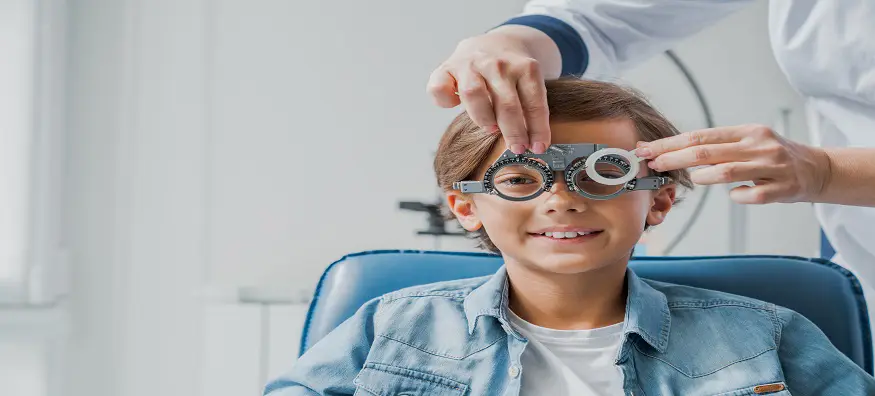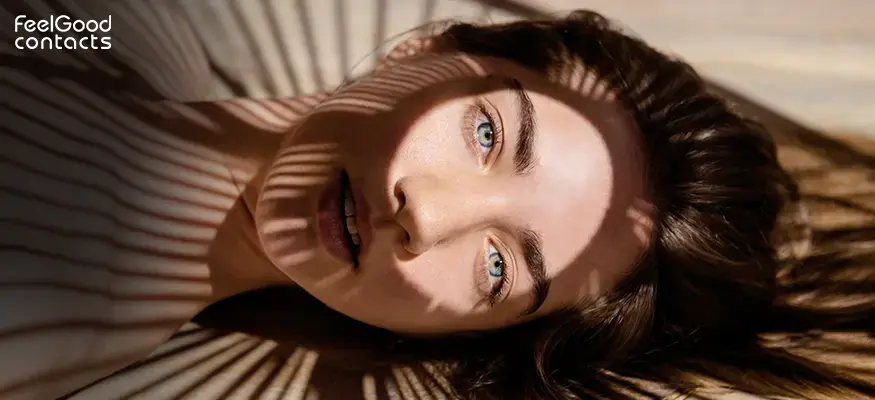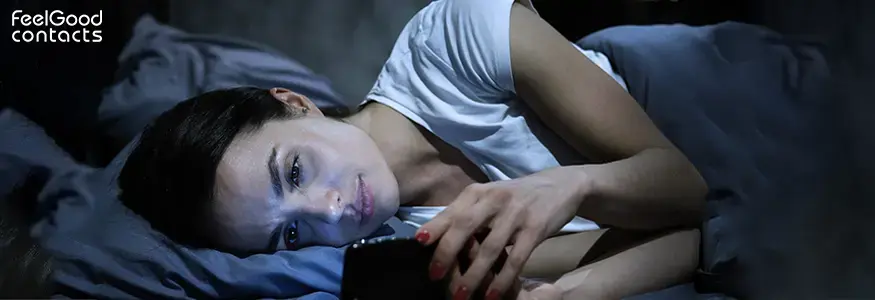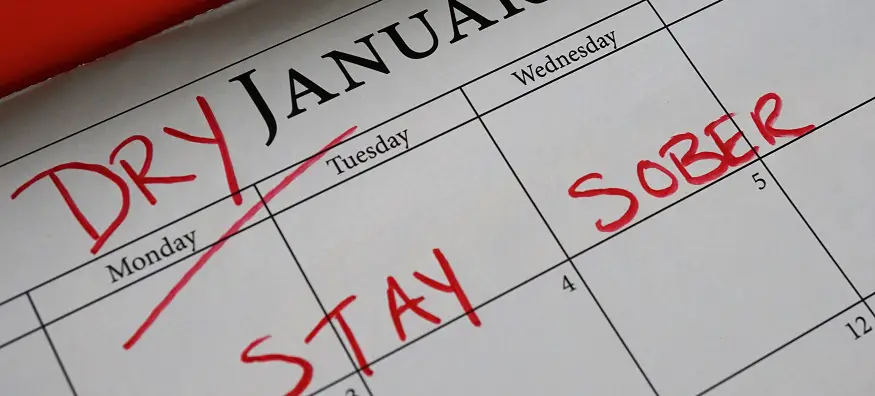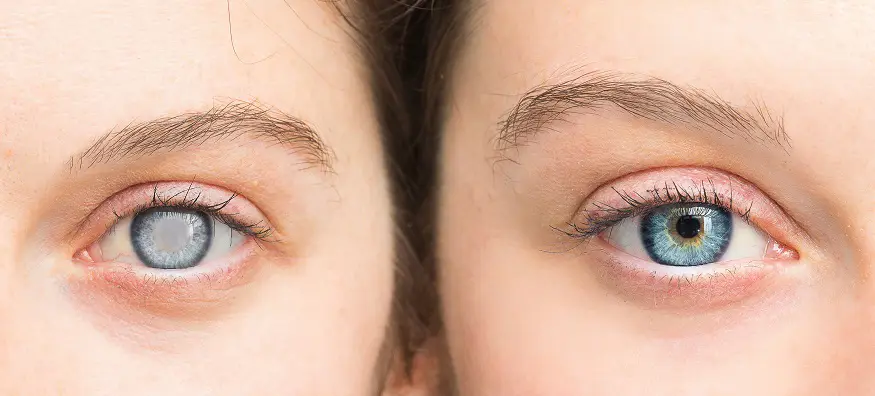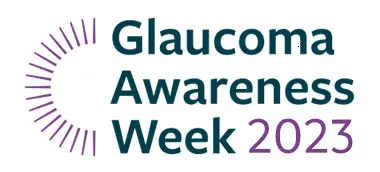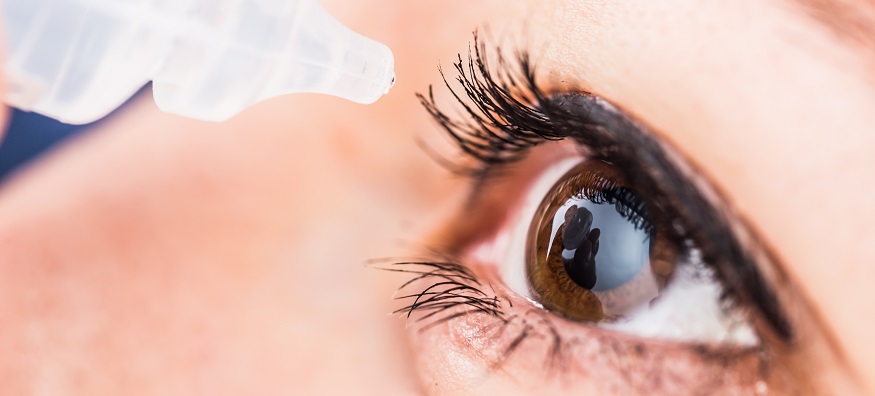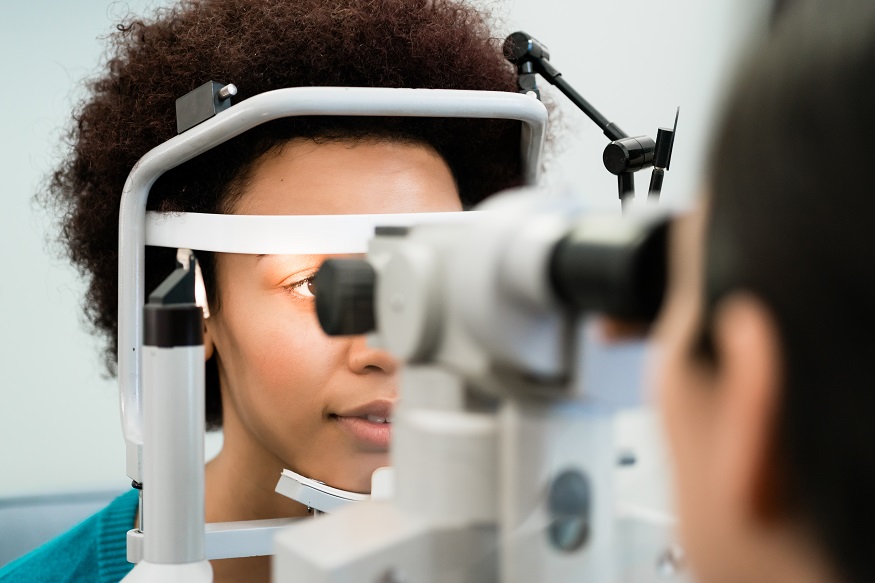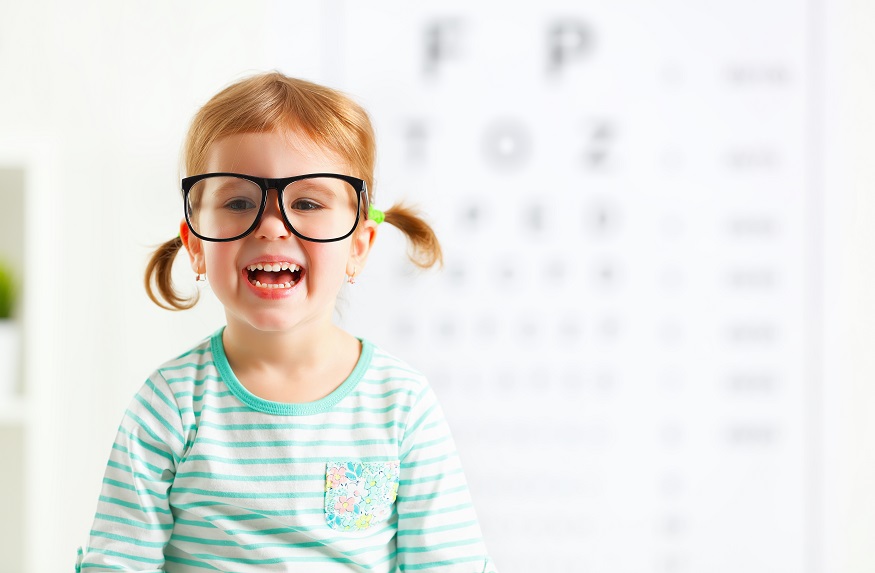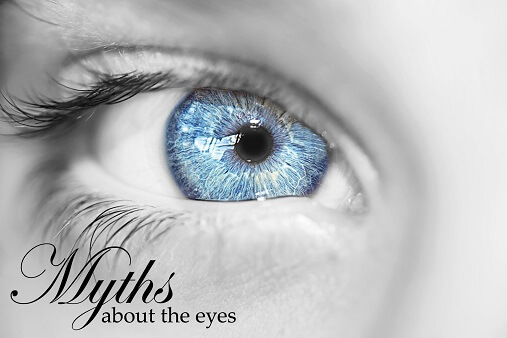The effects of blue light and low light can put significant strain on our eyes causing symptoms such as dry eyes, tearing eyes, tired eyes and fatigue.
That is why we’re sharing our top tips on how to safely work at your computer during the winter months.
Improve lighting to reduce strain on the eyes
With natural light significantly reduced during the winter months, we rely a lot more on artificial lighting. Poor lighting conditions can cause unnecessary eye strain, redness and fatigue headaches, particularly when staring at a screen.
We recommend the following eye-friendly tips to improve the lighting in your work environment:
- Consider warm light bulbs over cool white type bulbs to create a more natural feel.
- Use multiple light sources in a room to increase the amount of light without relying heavily on a bright overhead light.
- Shade bulbs so they don’t shine directly into your eyes.
- Maximise as much of the natural light as you can by keeping your blinds and curtains open during the daytime.
Reduce your exposure to blue light
As we spend more time indoors, we rely on TVs, computers and smartphones to entertain us. Consequently, this will increase the amount of blue light we’re exposed to each day.
Blue light is a portion of the visible light spectrum that can influence alertness, hormone production and sleep cycles. Blue light is prominent in electronic screens and fluorescent lighting which we find almost everywhere in modern life.
There are several proactive things you can do to prevent blue light from having a harmful effect on your eyes. The most obvious one would be to reduce the amount of time you spend looking at a screen in the evening before you sleep.
Blue light glasses have gained popularity over recent years due to the increasing usage of digital devices and could potentially reduce the symptoms of digital eye strain. They could even help your eyes feel less tired at the end of the day.
Adjust your temperature to avoid dry eyes
One of the most prevalent eye issues as the temperature falls is dry eyes. Our eyes typically rely on natural moisture from the air to keep our eyes hydrated, however, cold air and wind are usually dry, leading to an increased evaporation of the eye’s natural tears. This can result in stringy mucus, eye fatigue, excessively watery eyes, blurred vision, redness and more.
Lubricating eye drops can keep your eyes hydrated and comfortable throughout the winter and rid you of dry eye.
Helpful eye exercises to protect your eyes
Why not try these exercises to help ease the strain placed on your eyes and alleviate some of the winter symptoms? These exercises can be done from the comfort of your desk:
20-20-20 rule
The 20-20-20 is a simple and arguably most effective exercise to relieve digital eye strain this winter:
- Every 20 minutes, take your eyes from your screen
- Focus on something 20 feet away – i.e. a window, painting or a wall
- Rest your eyes and blink as many times as you need for about 20 seconds before returning to your screen
Eye roll exercise
The eye roll exercise is another effective way to fight off eye strain caused by excessive screen time this winter:
- With your eyes staring straight ahead, rotate your eyes up toward the ceiling
- Roll your eyes to the far right
- Roll your eyes to the floor
- Roll your eyes to the far left
- Roll your eyes back to the ceiling, then move your eyes straight ahead
- Repeat 2-4 times, changing direction each time
Blinking
Blinking is an underrated yet very important part of maintaining eye health:
- Blink 10 times in quick succession
- Close your eyes, concentrate on breathing calmly for 30 seconds
- Repeat 3-5 times
The palming exercise
A good exercise for relieving the symptoms (and meditation practice) is the palming exercise:
- Sit in a comfortable position in a dark room
- Rub your palms together quickly until you start to feel the heat between them
- Cup your palms over your eyes, without pressing against the closed eyes
- Concentrate on the warmth and the darkness
Remember to have your eyes tested as regularly as advised by your optician. If you are experiencing any issues with your vision, you should consult your optician, who will be able to advise you accordingly.

















